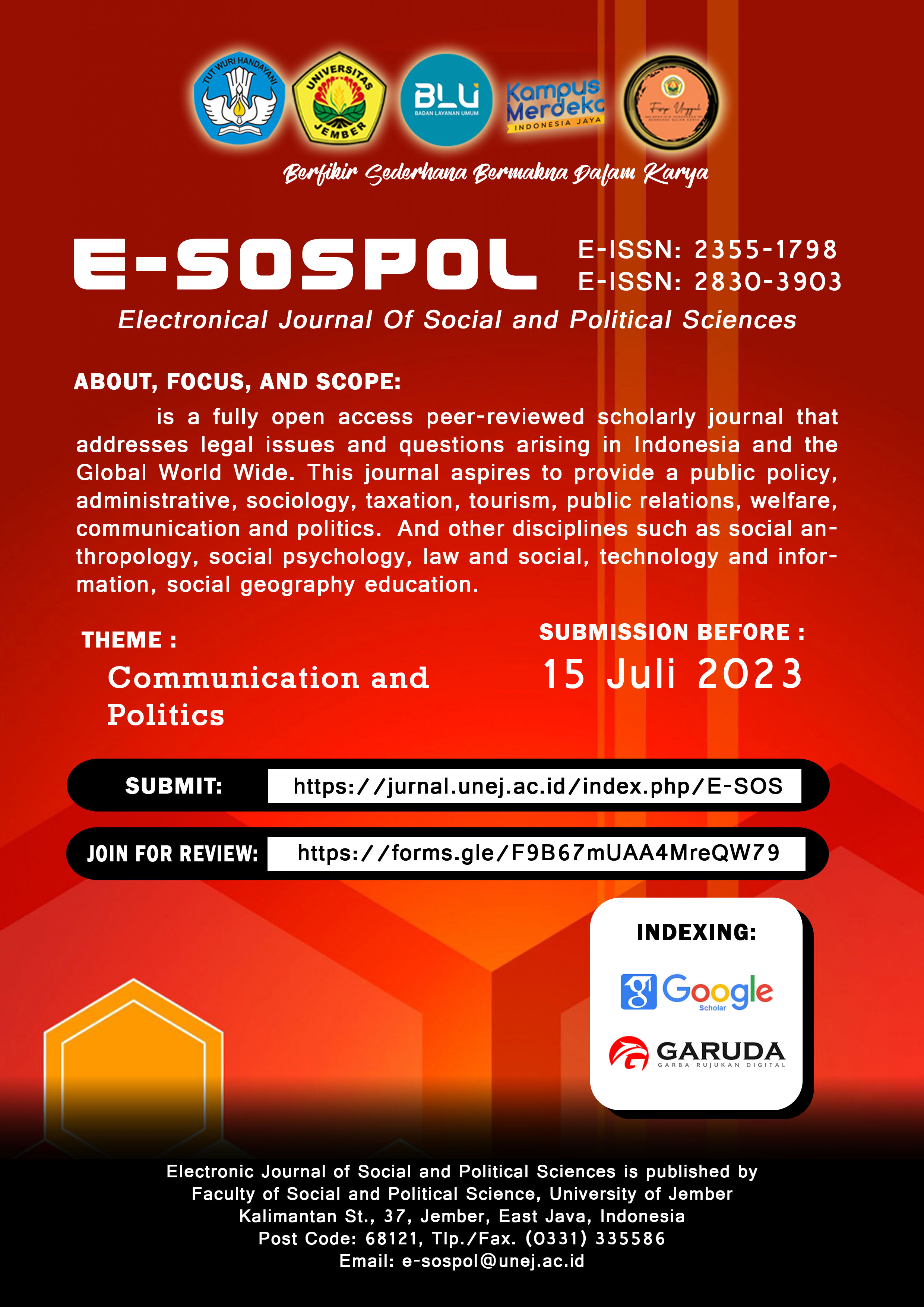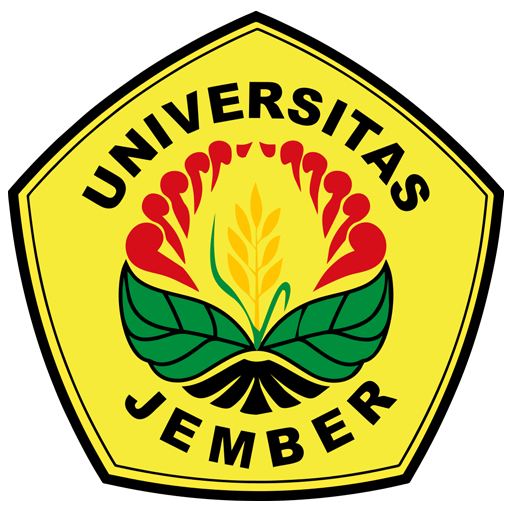Institusi Pengelolaan Sampah Berbasis Komunitas di RT 01 RW 03 Dusun Krajan Kalirejo Real Estate,Desa Kalirejo Kecamatan Kabat Kabupaten Banyuwangi
Abstract
Abstract
This research aims to describe the institution of community based waste management at RT 01 RW 03 Dusun Krajan Kalirejo village Kabat district Banyuwangi regency. Banyuwangi regency had public issues of environment which was also suitable with its predicate as the dirtiest city; the second dirtiest city in East Java in 2010. However, Banyuwangi transformed into the winner of clean city (Adipura) successively from 2012 to 2015.Adipura is a trophy and the predicate which is only given to the cleanest city/regency. The key success factor of Banyuwangi as a clean city was gradual rules to the level of community that supported the behavior of the community in waste management. Such behavior was seen at RT01 RW03. The waste was managed by institution which had the impact on improving the quality of environment in the form of beauty and cleanliness and decreasing the amount of residue waste produced for disposing to landfill. The used data collection methods were observation techniques in the form of overt and covert, interviews, documentation and triangulation. The used informant determination method was purposive sampling technique with eight key informants. The researcher checked the data validity by using persistence observation, triangulation, and peer discussion. Data were analyzed by using an interactive model of Miles and Huberman that consisted of data collection, data reduction, data presentation, and conclusion. The research results showed that a community-based waste management in RT 01 RW 03 Dusun Krajan Village Kalirejo Real Estate Kalirejo village Kabat district Banyuwangi regency followed the institutional patterns. Institutional patterns were supported by formal and informal rules as well as the structure and role of executive institution (DKP, BSB, Kalirejo Village, RT 01 RW 03, Dasawisma) that shaped the behavior of community-based waste management at RT 01 RW 03.
Penulis yang mengusulkan naskahnya untuk dapat diproses penerbitannya pada e-SOSPOL dianggap telah menyetujui beberapa hal sebagai berikut:
1. Penulis tidak dapat menarik naskah yang telah usulkan untuk diproses hingga mendapat jawaban dari Ketua Dewan Penyunting atas status naskah artikel ilmiahnya (diterima atau ditolak untuk diterbitkan).
2. Penerbit tidak bertanggung jawab terhadap kasus plagiasi atas artikel yang terbit pada e-SOSPOL
3. Penerbit tidak bertanggung jawab atas data dan isi dari artikel yang diterbitkan pada e-SOSPOL, dan sepenuhnya merupakan tanggung jawab penulis.






.png)

